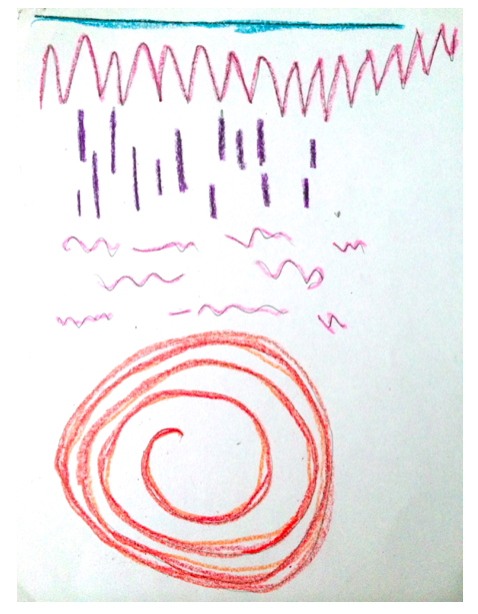Menstrual musings on period cravings, talking about periods, contagious periods, communicating about periods, and what men know about periods will be presented in two concurrent sessions at the 21st Biennial Conference of the Society for Menstrual Cycle Research at The Center for Women’s Health and Human Rights, June 4-6, 2015, Suffolk University, Boston.
Examining Menstruation Friday, June 5th:
Priming Menstruation Schema Moderates Relationship between Menstrual Attitudes and Chocolate Craving
Joseph Wister & Margaret L. Stubbs, Chatham University
Women who had menstruation schemas primed had significant positive correlations between negative menstrual attitudes and measures of increased craving and eating, confirming existing stereotypes. For women in the no-prime condition, these correlations were not significant or were in a direction that opposed the stereotypes.
Perceptions of Women who Speak Openly about Menstruation
Jessica Barnack-Tavlaris, The College of New Jersey
The purpose is to examine people’s perceptions of a woman who speaks openly about menstruation. We will test whether a woman will be judged more negatively when she speaks openly about menstruation (e.g., less competent, less likeable, less attractive) than when she does not speak openly about menstruation.
 Menstruation as contagion? Women’s subjective beliefs about menstrual synchrony
Menstruation as contagion? Women’s subjective beliefs about menstrual synchrony
Breanne Fahs, Arizona State University
This paper utilized qualitative data from a diverse 2014 community sample of women to examine their beliefs about menstrual synchrony (women’s menstrual cycles syncing up). Results revealed an overwhelming endorsement of menstrual synchrony, belief in it as magical or “animal-like,” and targeted a wide range of potential women co-menstruators. (Image supplied by Breanne Fahs)
Examining Knowledge, Cognitive Involvement, and Behavioral Involvement with Menstrual Practices: Implications on Health Education and Communication Campaigns
Arpan Yagnik & Srinivas Melkote, Bowling Green State University
There is a scarcity of baseline research on menstruation and menstrual hygiene that can guide health communication intervention campaigns. The outcomes of this study on Indian women and men will provide practitioners, health communication managers and researchers scientifically accurate knowledge about understudied facets of menstruation (cognitive/behavioral involvement, and knowledge).
Men and Menstruation Saturday, June 6th:
Masculinity & Menstruation: An Exploration of a Complex Relationship
Kate Richmond, Muhlenberg College & Mindy Erchull, University of Mary Washington
This exploratory study aimed to learn more about men’s knowledge and attitudes about menstruation. Men completed measures assessing their endorsement of traditional masculinity ideology, their attitudes and knowledge related to menstruation, their general levels of comfort talking about menstruation, and their reports of how they learned about menstruation.
She Got Her Period: Men’s knowledge and perspectives on menstruation
Ishwari Rajak, Minnesota State University
Myths, taboos, and shame associated with menstruation limit conversations about it. It is important for men to engage in conversation to understand at a deeper level why society silences conversation about menstruation. This research aims to explore men’s knowledge and perspectives on menstruation.
Putting men back in the menstrual cycle: A qualitative analysis of men’s perceptions of menstruation
Kate Fishman, Southern Illinois University
This paper will explore qualitative findings of men’s perceptions of menstruation and the implications of negative attitudes, specifically as they relate to women’s bodily experiences and expressions of emotion. Participants’ creative artworks depicting their perceptions of menstruation will be presented, and future directions related to educational goals will be addressed.
Media Release and Registration for the SMCR Boston Conference on Menstrual Health and Reproductive Justice: Human Rights Across the Lifespan.



Hello! The unsubscribe link in your emails does not work, and has not for quite awhile. Can you take my email off this list? Laura.savard@gmail.com
Thank you.